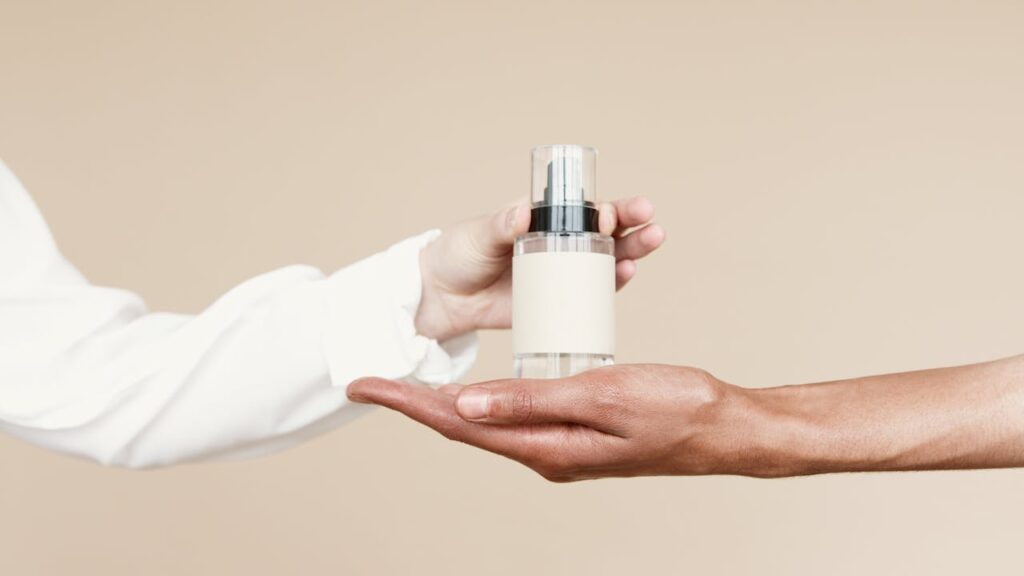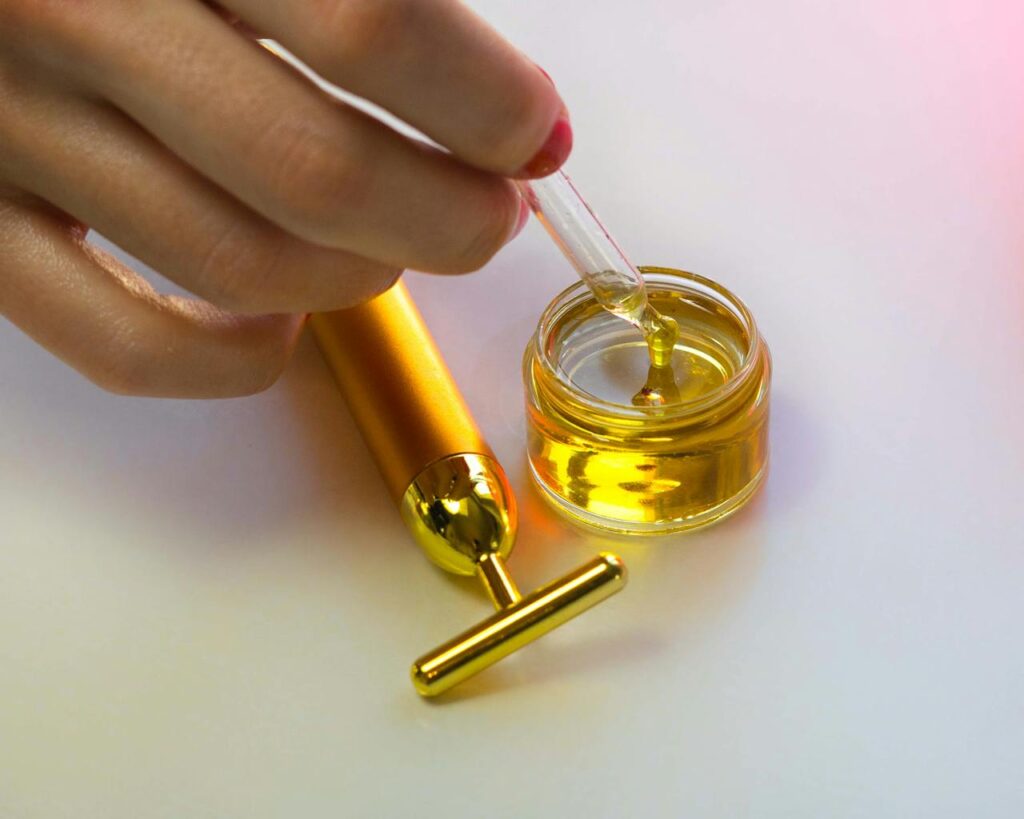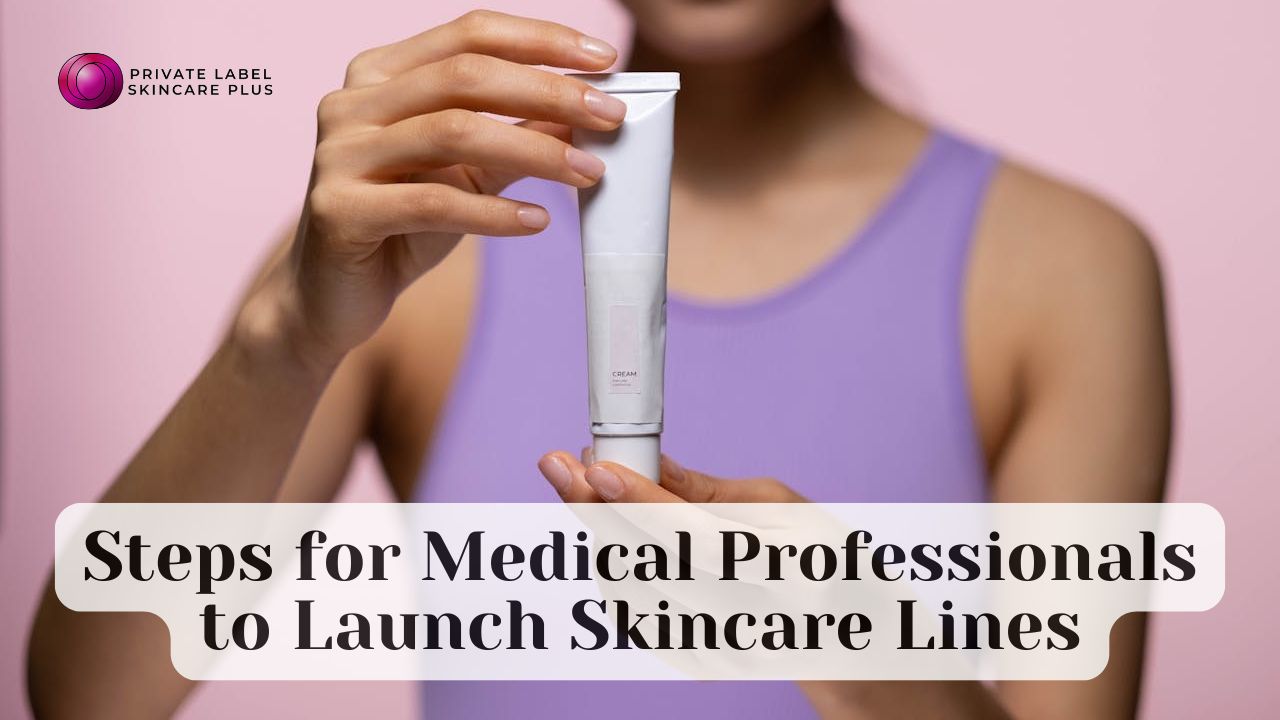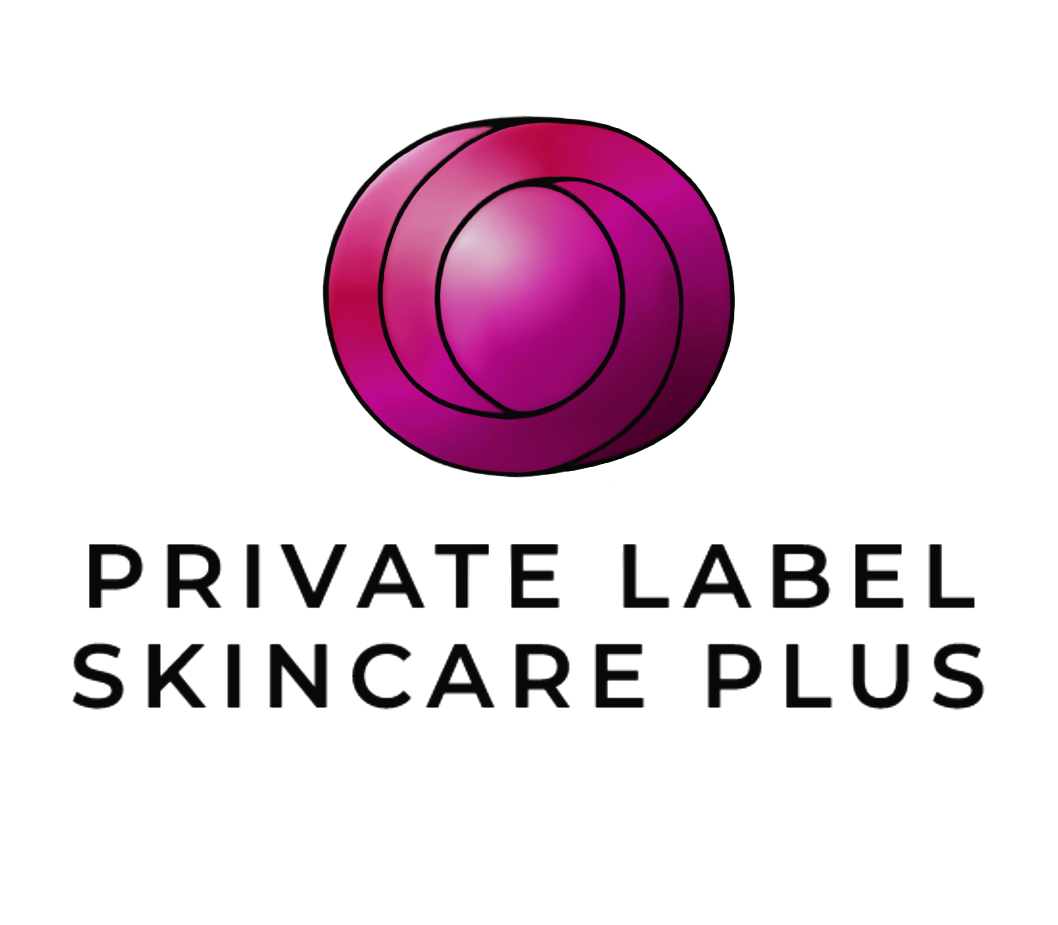In recent years, there has been a major shift in the skincare industry. Product development has cycled through to doctors, including dermatologists, plastic surgeons, estheticians, and in some cases, family doctors with great exposure to skin. Thus, clinical experience and science behind the claims put doctors in a unique position in today’s entrepreneurial environment when it comes to private label skincare for plastic surgeons.
Consumers are sharp, educated, skeptical, and often fatigued – and they want legitimate claims with reputable clinical studies. This advantage puts doctors above their competitors. Doctors alone have the ability to mix evidence-based understanding with clinical experience with products made ergonomically correct for skin types and skin concerns.
This article will set out the five significant steps to creating and successfully selling your skincare line based on your experience. Let’s begin turning your professional experience into a credible, revenue-generating brand.
Step 1: Define Your Vision and Niche
The first step of the product development process – and perhaps the most important – is defining your brand vision, mission, and niche, before you start the process.
Ask yourself these questions before beginning:
- What skincare concerns am I most interested in solving – such as acne, sensitivity, skin aging, or some other unique concern?
- Who is my actual target market? (teens with acne, adults with aging skin, sensitive skin post-procedure)
- Do I want to develop clean beauty products, clinical-grade products, or something in between with a minimal skincare philosophy?
Why it matters:
The skincare industry is too big and competitive to be without a strong identity. If you can’t put a name to what you do and cannot define or communicate why that is a viable identity, you are just another bottle on a shelf. Your education should be beneficial to you, so you should build your identity upon your educational background, for example:
- A dermatologist might create a product line that focuses on treating hormonal acne
- A plastic surgeon might create a post operative/anti aging line
- An esthetician might create a line to help support facial care in the office.
Your niche becomes your differentiator, and your vision should guide product development, as well as branding and marketing efforts.
Tip: Create a mission statement that aligns with your medical philosophy and the consumer’s needs in skincare. This should keep you consistent as you grow your brand in private label skincare for plastic surgeons.

Step 2: Partner with the Right Private Label Manufacturer
After defining your niche and brand position, the next step is to select a private label skincare manufacturing partner that can create your vision. This selection is significant — your manufacturer is not merely a supplier, but a partner in your brand.
Here’s what to look for:
1. Formulation Expertise
Your manufacturer should demonstrate a skilled R&D team that is able to create custom formulations, proactively providing more than off-the-shelf formulations. Custom formulations are very important if you want your products to reflect your own clinical background.
2. Compliance and Certifications
Make sure that the manufacturer meets compliance with FDA, GMP (Good Manufacturing Practices) and ISO standards. You may also want to determine if they have cruelty-free, vegan, organic, or clean beauty certifications depending on your branding position.
3. Scalability
Consider what would happen if your ideas took off? You want a manufacturer who could potentially scale production for you as you grow. While it is good to have a manufacturer agree to start with small MOQs (Minimum Order Quantities), long-term production ability is just as important.
4. Transparency
Pick a manufacturer that feels comfortable being transparent about their ingredient sourcing, testing, and manufacturing processes. Given the expectations of a medical grade-level skincare line, this level of detail is supportive of maintaining credibility with consumers.
Bonus Tip: Consider asking if your manufacturer provides options in packaging, labeling, and fulfillment, which could save you a lot of time and energy as you are launching your brand.
Step 3: Develop Your Product Line Strategically
Now comes the exciting part: developing your products for private label skincare for plastic surgeons. But excitement must be balanced with strategy. Here’s how to approach it:
1. Start Simple
You don’t need to start with a 10-step routine. In fact, it’s best to start with 3-5 core products that address real concerns, especially if you’re marketing your products to a clinical or results-focused audience. Here are some ideas for initial collections:
- Acne collection: Cleanser, treat serum, exfoliant, moisturizer.
- Anti-aging: Retinol serum, peptide cream, eye treatment.
- Sensitive skin: Hydrating cleanser, calming toner, barrier repair moisturizer
2. Prioritize Hero Ingredients
Consumers today want to know what’s in their products — not just the buzzwords, but what they do. As a medical provider, you can lend credibility by using clinically tested actives (ex: niacinamide, hyaluronic acid, retinol, peptides) and being clear on your website or labels about what they do.
3. Test and Refine
Your manufacturer may be able to provide prototype samples for testing. Don’t rush this phase — get multiple skin types, test the formulations, get feedback, and refine as needed.
4. Packaging and Branding
Work with designers to create packaging that reflects your brand’s philosophy — either minimal and clean for a clinical look, or warm and earthy for a more holistic approach. Your product should look as good as it performs.
Pro Tip: Spend extra to have sustainable packaging, when possible — consumers today are increasingly aware of sustainability!
Step 4: Build Your Brand and Digital Presence
Your medical title gives you credibility, but a solid brand identity is what turns that credibility into consumer trust and loyalty.
Here’s how to establish your brand:
1. Visual Identity
Develop a cohesive visual identity – logo, color palette, typography that works with your brand voice. Are you a serious, clinical brand? Or are you more of a gentle, healing brand?
2. Storytelling
People connect with stories. Tell yours through these questions:
- Why did you launch this line?
- As a practitioner, what gaps in the market did you see?
- How do your products help real people?
3. Website & E-Commerce
Building a professional website and e-commerce store for private label skincare for plastic surgeons is equally important as it is for other businesses. Make sure it is mobile optimized, user-friendly, and fast, and include:
- Product pages with descriptions and clinical skincare ingredient lists
- A blog section with educational content
- FAQs
- Reviews and testimonials
- Clear CTAs e.g. “Shop Now,” “Book a Consultation,” “Subscribe for Updates
4. Leverage Social Proof
Use your medical background as a content engine:
- Use your medical background as a content engine
- Make videos on how to use your products.
- Post before/after results (ask for permission).
- Create content on skincare education through blogs, reels, webinars, etc.
- Partner with influencers in the derm/aesthetic space to help build profile and trust

Step 5: Navigate Compliance and Launch Smartly
As a medically associated skincare brand, compliance is paramount. Here’s what you need to address:
Regulatory Considerations:
- FDA Regulation: In the United States, cosmetics and over-the-counter (OTC) drugs have different regulations. If your product claims to treat or prevent a disease (e.g. “treats acne”), then it may need to be registered as a drug.
- Labeling: Make sure your list of ingredients follows the “International Nomenclature of Cosmetic Ingredients”(INCI) guidelines.
- Patch Testing: Especially for formulations targeting sensitive skin — this adds an additional level of credibility to your formulas.
Trademarks and IP:
Trademark your brand name, logo, and product names to protect your intellectual property
Insurance:
Be sure to have product liability insurance to protect yourself from potential litigation.
Soft Launch or Pilot Phase:
Start with a soft launch to your existing clientele or followers. You can get feedback, test logistics, and refine your processes before the launch process goes wide scale.
A few examples of soft launch channels can include your clinic/spa, Instagram or Facebook ads, conferences, other healthcare professionals you are friends and colleagues with, etc. This will help to build awareness and make sure you are prepared for the big launch.
Conclusion
As a healthcare professional, starting your own private label skincare for plastic surgeons is totally achievable. And it’s a great way to combine your expertise with entrepreneurship. With a vision, a manufacturing partner, solid development, great branding, and processes in place, you can have a trusted, efficacious, and scalable skincare line. This is not just for selling creams and serums, this is about growing your impact to reach patients beyond clinical practice and creating a brand that has a legacy in skincare science for surgeons along with compassion.
If you are a health care provider with aspirations for a skin care line, we would like to help you create that vision. Our services are customizable to you starting with our private label skincare, from formulation to compliant packaging and everything in between. Let’s create your skin care legacy together!


